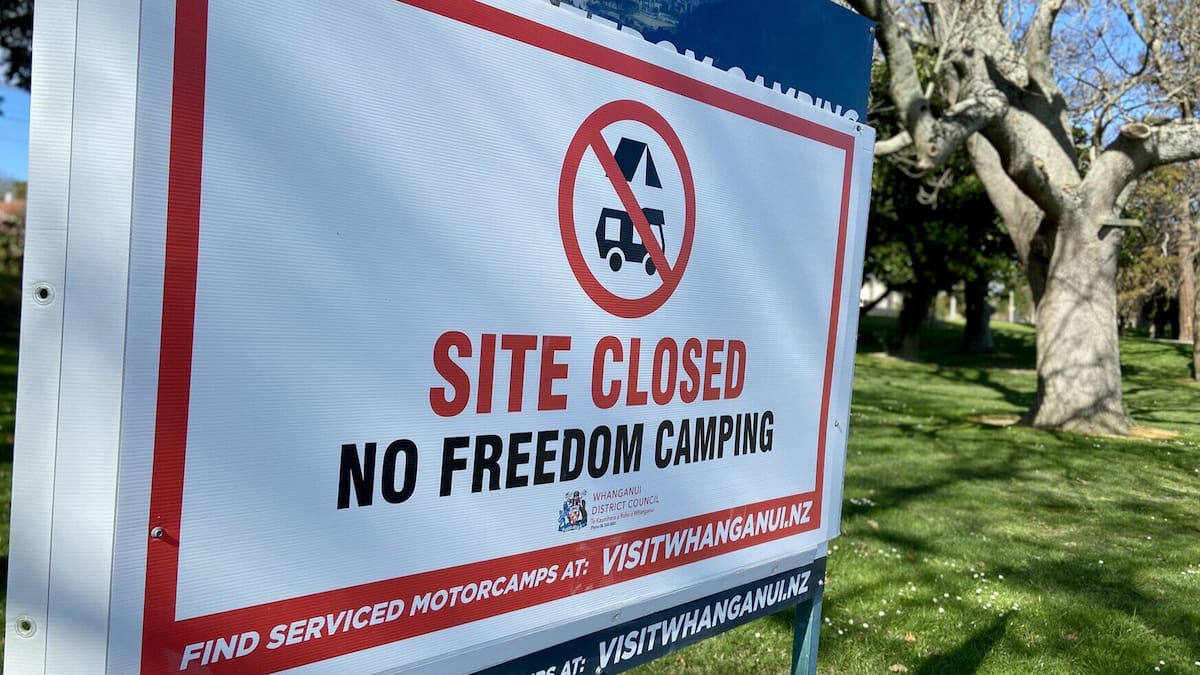Further muddying the waters is that freedom camping rules vary from place to place.
The uptick in visitors can be good news for struggling local economies – but it also has downsides, as demonstrated by the councils now tightening up their freedom camping bylaws.
Issues they are addressing include freedom campers setting up in urban residential areas, camping in unsafe places on roadsides, becoming “permanent residents” at freedom camping sites and, most offensively, leaving behind human waste and rubbish.
Whanganui District Council has just updated its freedom camping bylaw to ban the activity along the Whanganui River Rd, a popular tourism route that is part of Te Araroa Trail and runs beside the Whanganui River which has legal personhood.
The move followed complaints about campers “dumping rubbish and toileting” in the area, among other concerns.
It has also closed some urban sites because of behavioural problems.
Queenstown Lakes District Council is reviewing its bylaw to tighten controls.
Between July 2024 and June this year, the number of overnight stays at free campsites across the district, including council and Department of Conservation sites, rose 30% on the previous year.
The council proposes to introduce 15 designated freedom camping sites but opponents argue there are inadequate facilities for disposing of sewage which risks contaminating the environment.
The NZ Motor Caravan Association warns against “overreach”, saying councils need to balance regulation with affordable travel.
It says bylaws are being used to effectively ban responsible freedom camping, when better management and infrastructure could achieve the same outcome without locking people out.
It wants consistent national standards and clear information for campers.
Most communities welcome visitors who appreciate their region, spend money with local businesses and treat the place with respect, but not all can afford to, or want to, put in infrastructure for freedom campers.
Responsible freedom camping relies on the campers knowing and respecting the rules for each place.
No doubt some visitors will behave badly, no matter what rules are in place.
But making the standards consistent and easy to understand seems like a step in the right direction if we are to continue allowing freedom camping.

